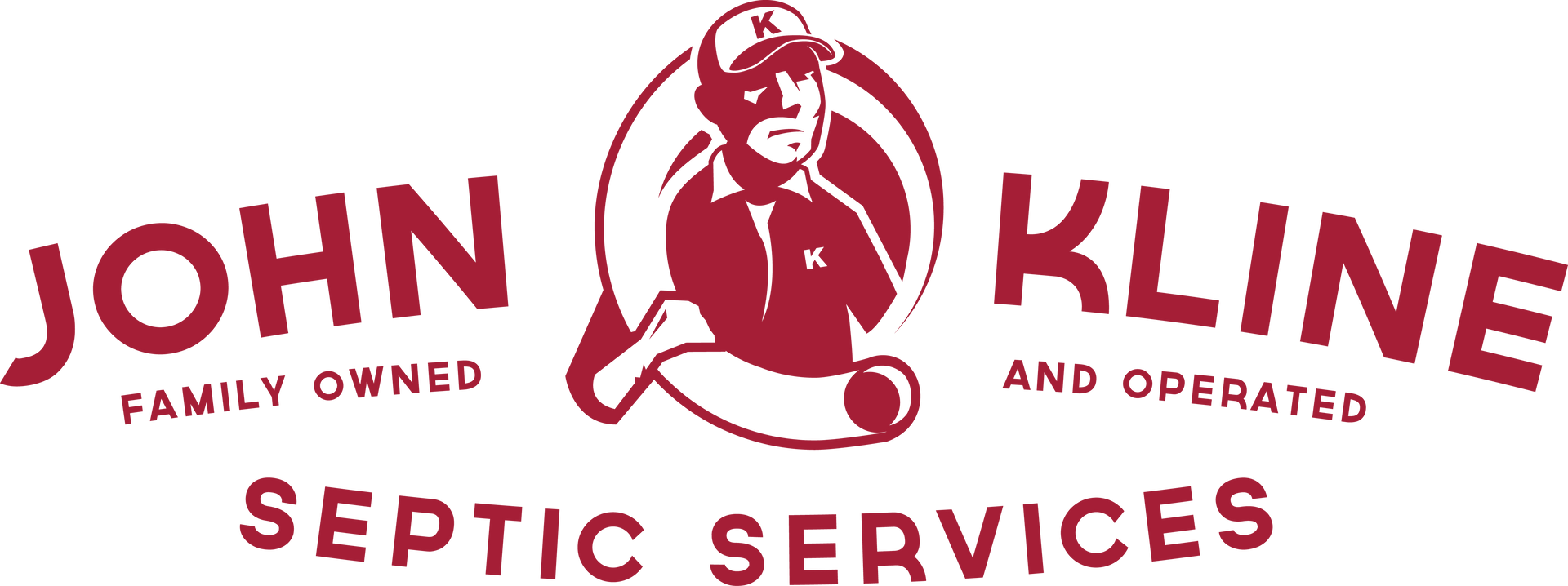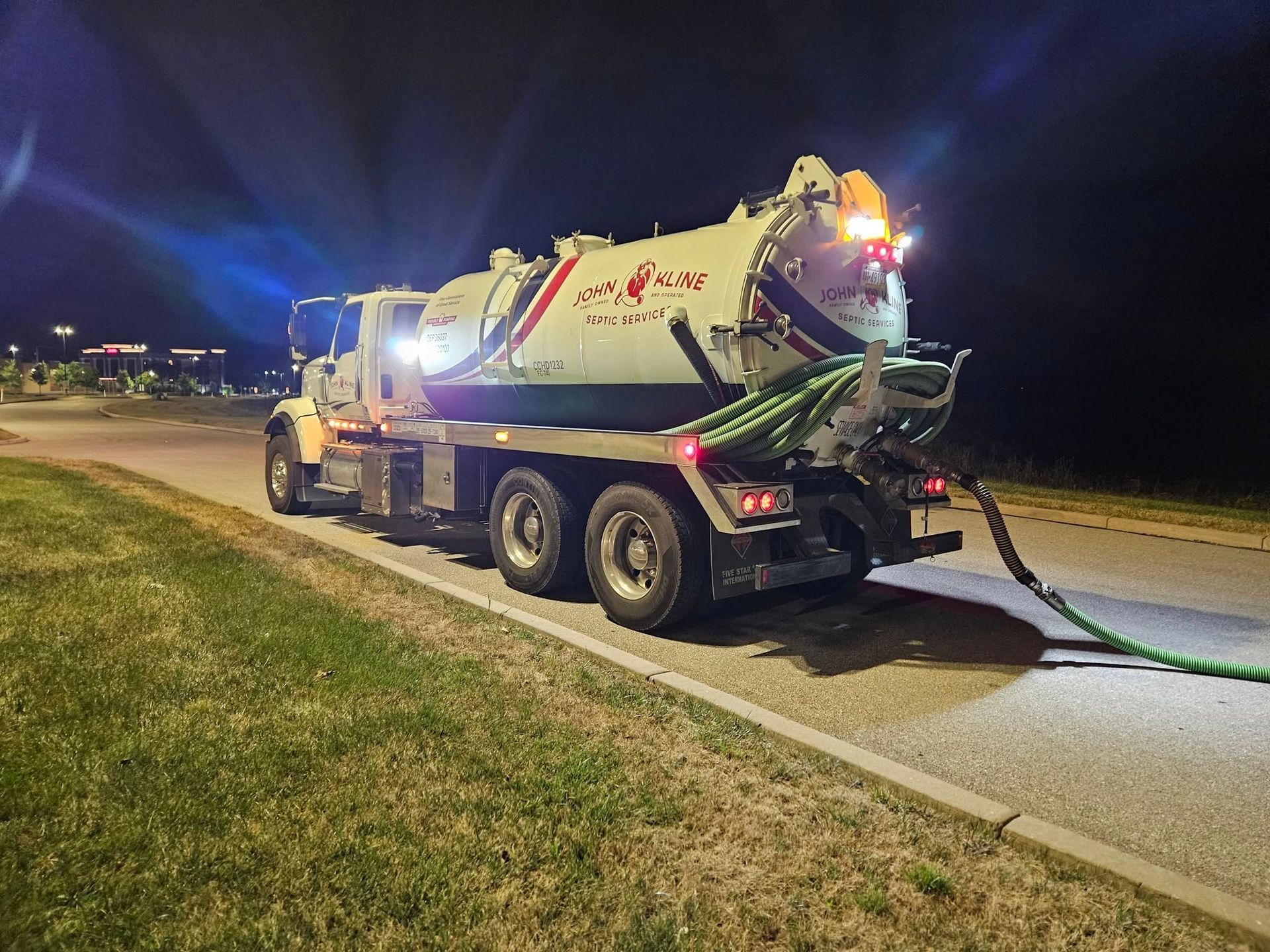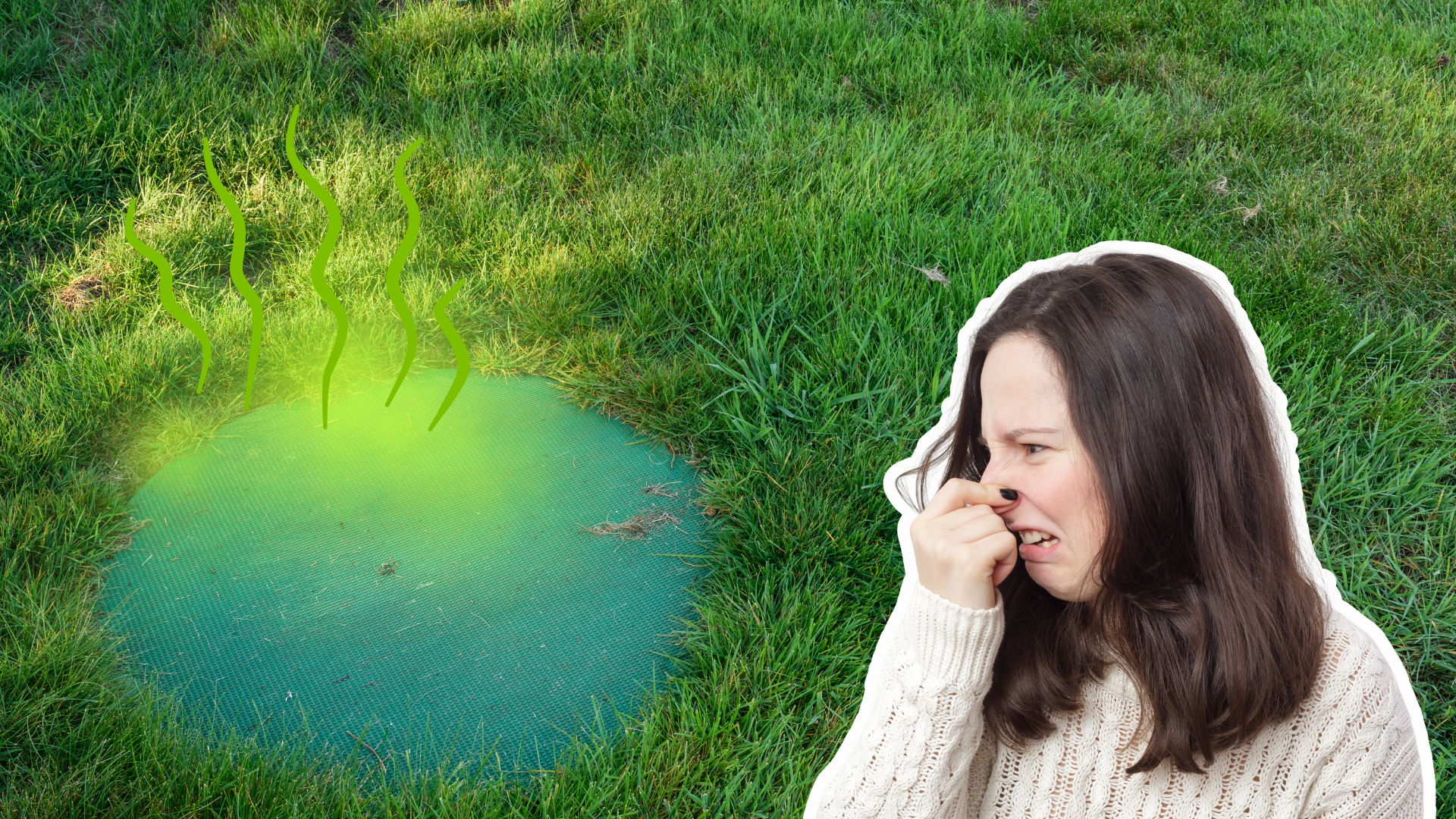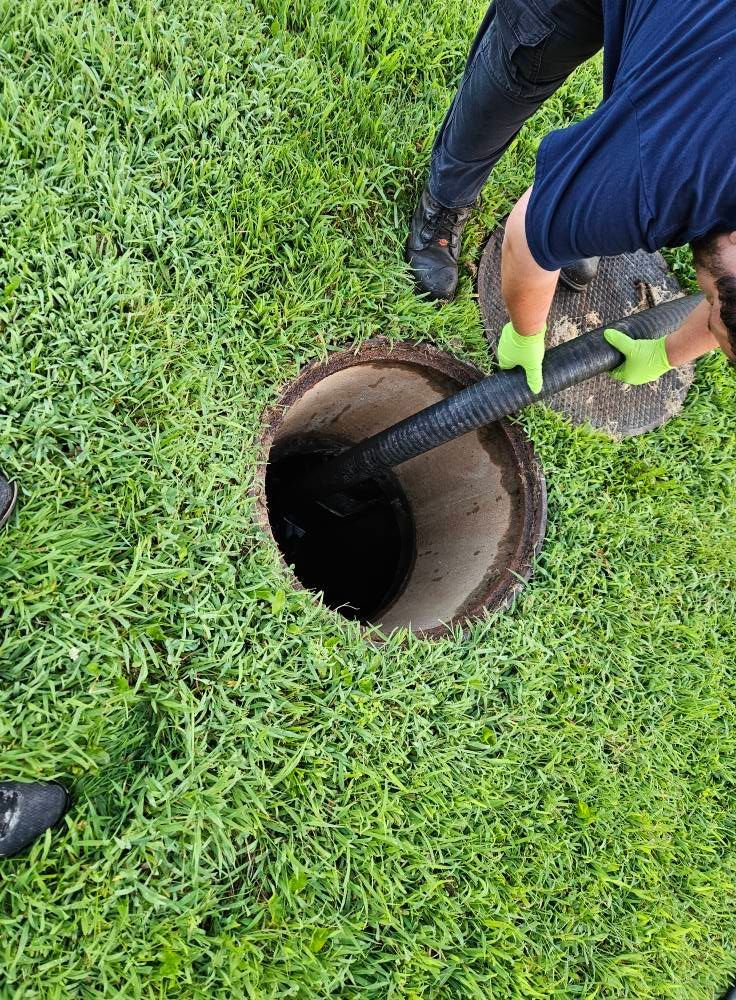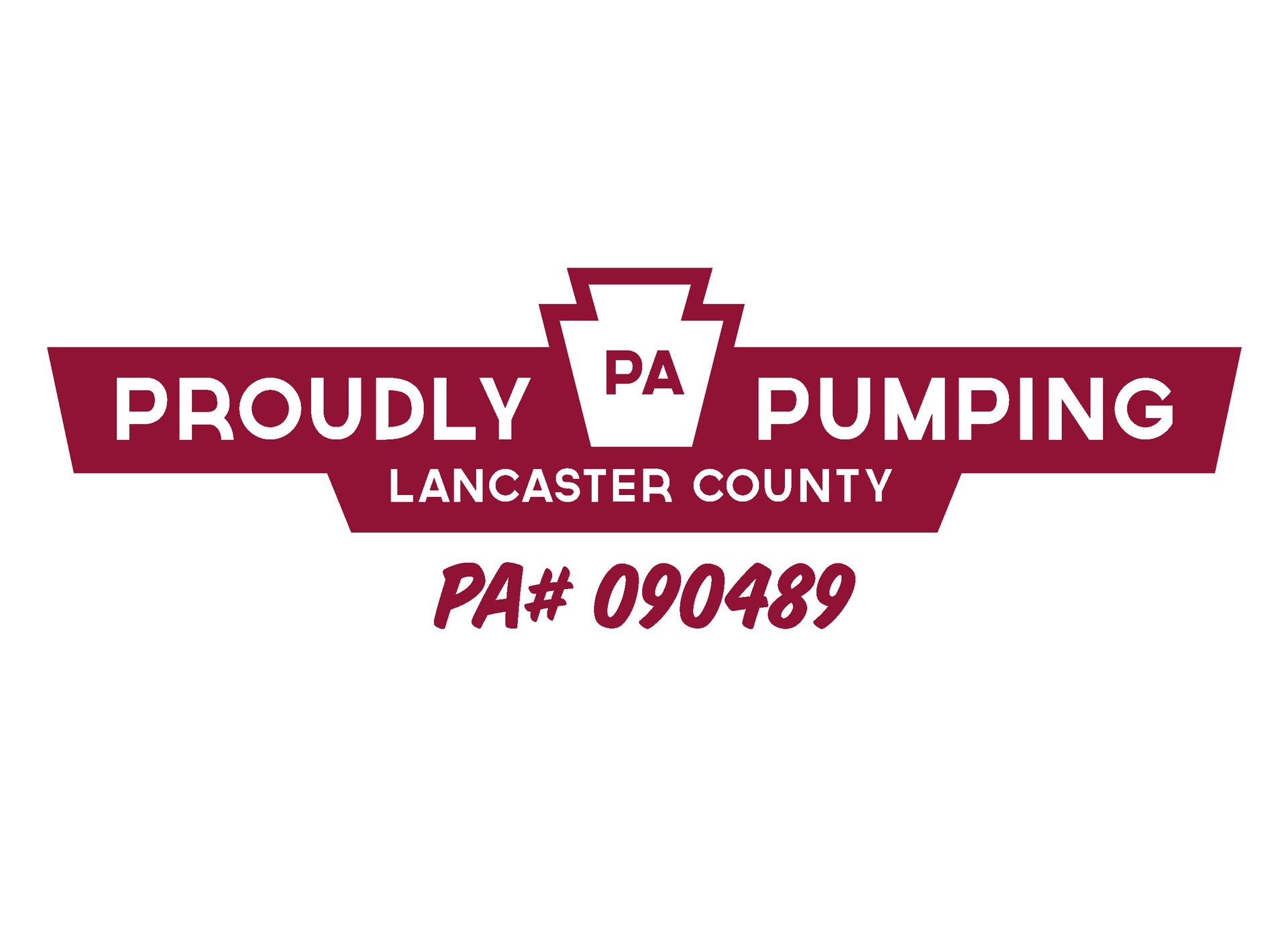At John Kline Septic Services, we're happy to help our customers with all their septic needs. When we perform a septic inspection for real estate purposes, we like to educate the new homeowners when it comes to the septic system - because for many individuals it's the first time they've lived in a home with a septic system. Today we're passing along some of those tips so if you're new to septic or you're considering purchasing a home that's not on public sewer, take note. And don't forget you can always
call to speak to one of our septic system technicians.
We're happy to answer your questions or provide a quote for your
Central PA septic pumping.
1. Know What Kind of System You Have & Where It's Located
This might seem obvious, but we get a lot of calls for septic maintenance and the homeowner has no idea what size their tank is or where the manhole cover or tank opening is located. When you're in the home buying process, ask the current homeowners for the house blue prints or septic records so you can become familiar with the system. Knowing where the system is located is also extremely important if you have plans to add a porch/patio, backyard garage or addition to your home. You'll want to be careful about landscaping near your septic system too as tree/bush roots can cause major damage to the pipes in your septic system.
2. Know When Your Tank Was Last Serviced
Most septic inspections include septic pumping so you know the tank was emptied prior to you moving in. This cost is typically billed to the current homeowner (seller). If you're not sure if the tank was pumped out or if you're renting and don't know when your system was serviced last, we highly recommend scheduling a site visit to have the system looked at by a professional and pumped out if necessary. It's always good to start with a "clean slate" (or a clean tank!) and you'll have peace of mind knowing your septic system was serviced and inspected by a professional.
3. Know How to Properly Care for a Septic System
If you're new to septic, you may not be aware of some basic practices that can extend the life of your septic system. For example, if you have a septic system you should NOT use a garbage disposal. It's also important to be cautious about what you flush, and to make sure your system is serviced regularly. We recommend every 2-3 years and some townships have ordinances that require pumping every so many years.
- To find out if your new home is in a township that requires septic pumping click here
and search by township for guidelines and pricing.
- To learn more about septic tank maintenance, click here.
Just like any other utility, proper care and maintenance are necessary to keep things running smoothly. Whether you're buying or selling a home with a septic system or simply need to schedule your annual septic pumping,
contact us today for all your septic needs. We've been providing Central PA homeowners with
reliable septic service
for four generations!
